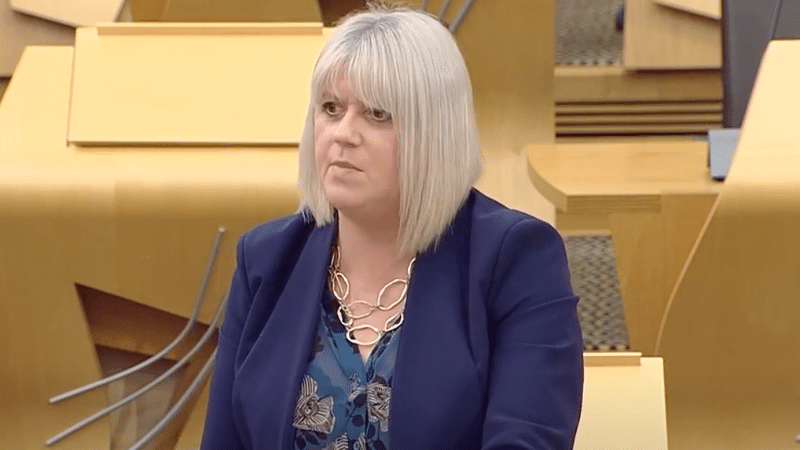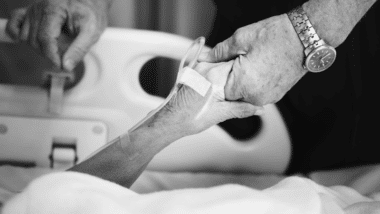A Conservative MSP who used to support assisted suicide has warned that Liam McArthur’s Bill will inevitably lead Scotland down a slippery slope if passed.
Sue Webber, MSP for Lothian, revealed that she changed her views on assisted suicide when she realised she wouldn’t feel comfortable “knowing that one person has died because of a decision that I’ve taken”.
Holyrood is expected to consider McArthur’s Assisted Dying for Terminally Ill Adults (Scotland) Bill in the coming months. The Liberal Democrat MSP wants to remove end-of-life protections and allow vulnerable people to seek help from a doctor to kill themselves.
Poor safeguarding record
Speaking to The Herald, Webber said: “If you allow one group to ask to die, then what’s to stop another group saying no, no, we need to let these group of people pass. And a wee amendment here, whatever it is, before you know, it’s not the legislation that we passed.”
She highlighted that Holyrood “right now hasn’t got the best record of safeguarding in legislation” so “my confidence in us as a Parliament isn’t there”.Holyrood hasn’t got the best record of safeguarding in legislation
Two assisted suicide Bills have been defeated in the Scottish Parliament since 2010, the last in 2015 when MSPs rejected Patrick Harvie’s Assisted Suicide (Scotland) Bill by 82 votes to 36.
A majority of MSPs in both the Scottish Conservatives and Scottish Labour voted against the Bill, with MSPs from the Scottish Liberal Democrats and the SNP also rejecting the legislation.
SNP
Earlier this month, Scotland’s Equalities Minister Emma Roddick said that McArthur’s Bill is ‘unsafe’ for disabled people and should not become law.
Canvassed for her views, the SNP MSP told The Herald on Sunday: “I don’t see how this legislation can be safe while disabled people don’t have equality”.
Last year, both Scotland’s First Minister and Health Secretary publicly restated their opposition to legalising assisted suicide.
‘Disabled people need support to live, not help to die’, Oireachtas told
Majority of UK doctors would not facilitate assisted suicide
Canadian mother with stage four cancer pushed to consider euthanasia




